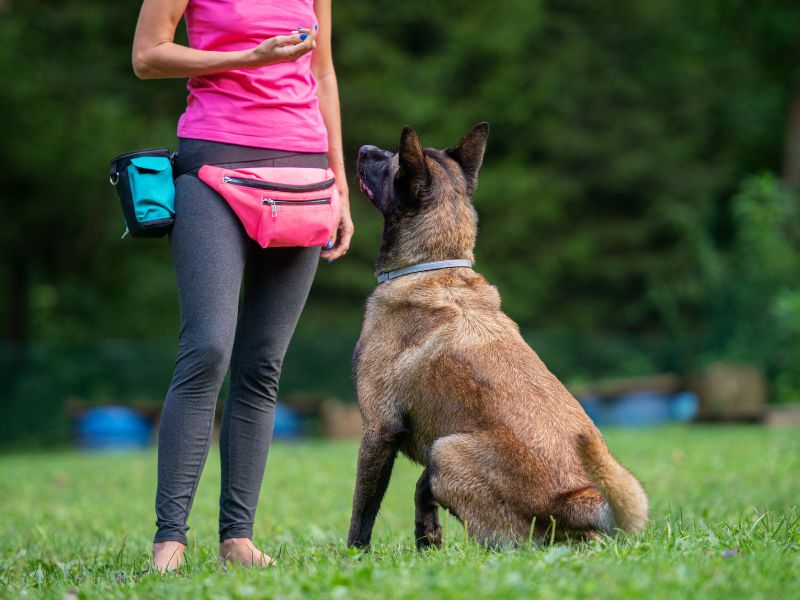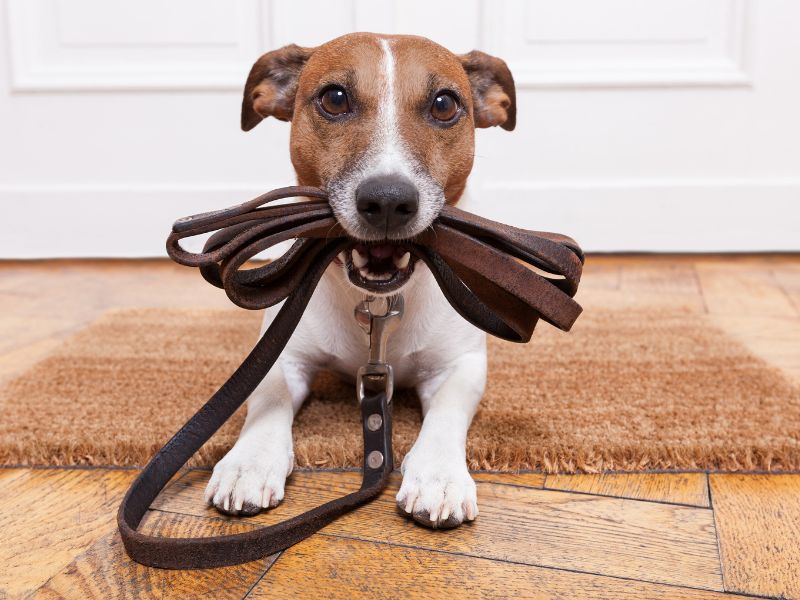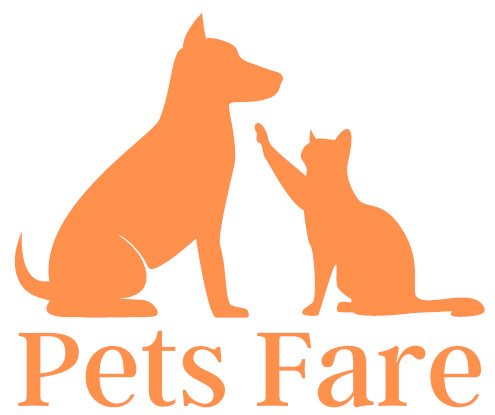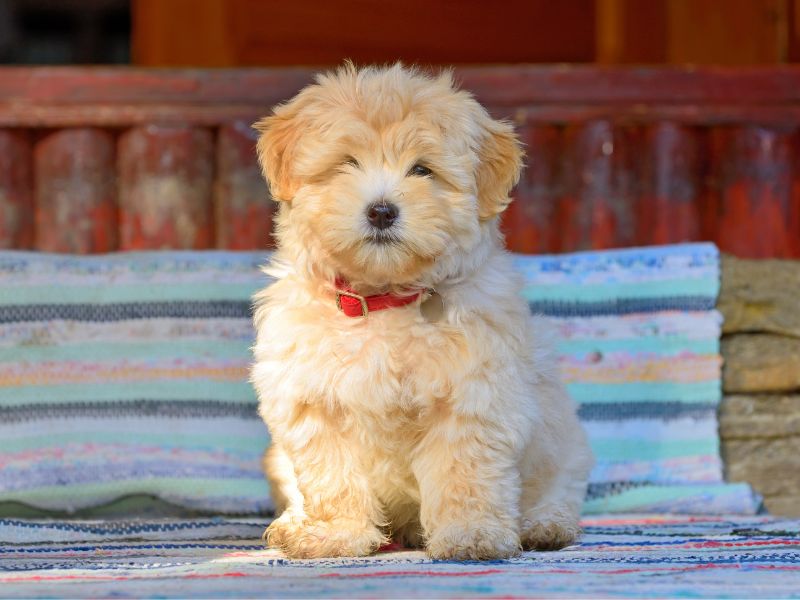How to Give Your Pup the Best Life Possible
Bringing home a new furry friend is an exciting and rewarding experience, but it also comes with a lot of responsibility. As a first-time dog owner, it’s important to set yourself up for success by understanding the dos and don’ts of pet ownership. From choosing the right breed to providing proper nutrition and training, there are many factors that contribute to giving your pup the best life possible. In this article, we’ll explore some essential tips for first-time dog owners, including common mistakes to avoid and best practices for creating a happy and healthy home for your new companion. Whether you’re adopting a puppy or rescuing an older dog, these insights will help you navigate the joys and challenges of pet ownership and build a strong bond with your furry friend. So, let’s dive in and explore the dos and don’ts of being a responsible and loving dog owner!
Dos for First-Time Dog Owners
Establishing a Routine for Your Pup
One of the most important things you can do as a new dog owner is to establish a routine for your pup. Dogs thrive on consistency and predictability, so it’s essential to create a schedule that includes regular mealtimes, exercise, and playtime. This will help your dog feel secure and comfortable in their new environment and will make training much easier.
When establishing a routine, consider your dog’s age, breed, and energy level. Puppies, for example, require more frequent meals and potty breaks than older dogs. Additionally, some breeds are more active than others and may need more exercise and playtime to stay healthy and happy. By tailoring your routine to your dog’s specific needs, you’ll set them up for success and create a strong foundation for a happy and healthy life.
Importance of Socialization and Training
Socialization and training are critical for every dog, but especially for first-time dog owners. Socialization involves exposing your dog to new people, places, and experiences in a positive and controlled way. This helps your dog develop confidence, reduces anxiety and aggression, and improves their overall behavior.
Training, on the other hand, involves teaching your dog basic commands like sit, stay, and come, as well as more advanced skills like leash training and obedience. Training helps your dog understand what’s expected of them and builds a stronger bond between you and your furry friend.
To socialize and train your dog effectively, consider enrolling in a puppy class or working with a professional dog trainer. These resources can provide guidance and support as you navigate the challenges of pet ownership and help you build a strong and healthy relationship with your dog.
Creating a Safe and Healthy Environment for Your Dog
Creating a safe and healthy environment for your dog is essential to their well-being. This includes providing adequate shelter, food, and water, as well as keeping your home free from hazards like toxic plants, chemicals, and small objects that your dog may swallow.
To ensure that your dog is safe and healthy, consider investing in high-quality pet products like a comfortable dog bed, durable toys, and nutritious dog food. Additionally, make sure to keep your dog up-to-date on their vaccinations and schedule regular check-ups with a veterinarian to catch any health problems early on.

Finding the Right Food and Nutrition for Your Pup
Choosing the right food and nutrition for your dog is essential to their overall health and well-being. There are many different types of dog food available on the market, including dry, wet, and raw food, as well as homemade diets.
When selecting dog food, consider your dog’s age, breed, activity level, and any health issues they may have. Additionally, choose a high-quality dog food that contains a balance of protein, fat, and carbohydrates, as well as essential vitamins and minerals.
It’s also important to pay attention to portion sizes and feeding times. Overfeeding can lead to obesity and other health problems, while underfeeding can result in malnourishment and stunted growth. By providing your dog with a balanced and nutritious diet, you’ll help them live a long and healthy life.
Don’ts for First-Time Dog Owners
Avoiding Common Mistakes with Training and Discipline
One of the most common mistakes that first-time dog owners make is inconsistent or ineffective training and discipline. Dogs thrive on structure and boundaries, and without clear guidance, they can become anxious, aggressive, or disobedient.
To avoid these problems, make sure to establish clear rules and boundaries for your dog and consistently enforce them. This includes teaching your dog basic commands like sit, stay, and come, as well as setting limits on behaviors like jumping, barking, and biting.
Additionally, avoid using physical punishment or harsh discipline methods, as these can damage your dog’s trust and relationship with you. Instead, use positive reinforcement techniques like treats, praise, and play to reward good behavior and encourage your dog to learn and grow.

See Also: How to Groom Your Dog at Home
And: How to Deal with Separation Anxiety in Dogs
Understanding Your Dog’s Behavior and Body Language
Another common mistake that first-time dog owners make is not understanding their dog’s behavior and body language. Dogs communicate through a variety of cues, including body posture, facial expressions, and vocalizations, and it’s important to be able to read and respond to these signals to prevent misunderstandings and conflicts.
To better understand your dog’s behavior and body language, consider working with a professional dog trainer or reading books and articles on dog behavior and communication. Additionally, observe your dog closely and take note of their reactions to different situations and stimuli. This will help you build a stronger bond with your dog and prevent problems down the road.
Building a Bond with Your Furry Friend
Finally, one of the most important things you can do as a first-time dog owner is to build a strong bond with your furry friend. Dogs are social animals and crave companionship and love, and by providing these things, you’ll create a happy and healthy home for your new companion.
To build a bond with your dog, spend quality time with them, engage in play and exercise, and provide plenty of affection and attention. Additionally, make sure to listen to your dog’s needs and respond to them in a positive and caring way. By building a strong bond with your dog, you’ll create a lifelong friendship that will bring joy and happiness to both of you.
Conclusion and Final Thoughts
Being a first-time dog owner can be both exciting and challenging, but by following these dos and don’ts, you’ll set yourself up for success and give your pup the best life possible. Remember to establish a routine, socialize and train your dog, create a safe and healthy environment, choose the right food and nutrition, avoid common training and discipline mistakes, understand your dog’s behavior and body language, and build a strong bond with your furry friend. With these tips, you’ll navigate the joys and challenges of pet ownership with confidence and create a happy and healthy home for your new companion.

